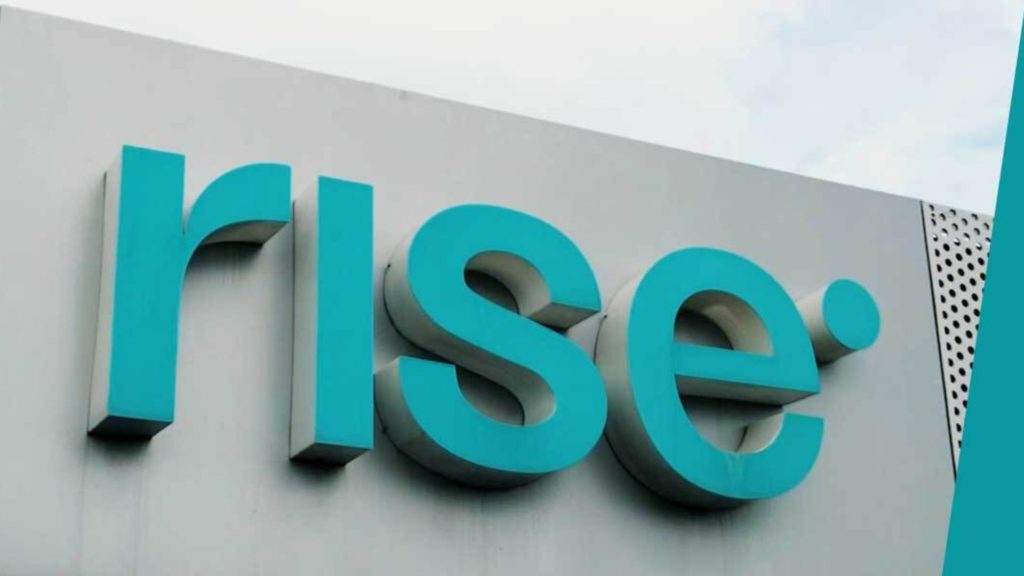South Africa’s Competition Commission has referred Meta-owned Facebook and WhatsApp to a tribunal for allegedly abusing its dominant position in the market.
This happened after Meta restricted GovChat—a startup that connects government and citizens—and its subsidiary #Lets Talk’s access to data on its WhatsApp Business Application Programming Interface (WhatsApp Business API).
In a statement, the regulator accused Meta of “abusing its dominance by engaging in exclusionary conduct geared at preventing competitors or potential competitors from entering into, participating, and expanding in a market”.
It also said the company had “imposed and/or selectively enforced exclusionary terms and conditions regulating access to the WhatsApp Business API, mainly restrictions on the use of data”.
WhatsApp, in its defence, explained that its reason for restricting GovChat’s access was because the startup failed to comply with Meta’s terms of service.
“GovChat has repeatedly refused to comply with our policies which are designed to protect citizens and their information, preferring to prioritise their own commercial interests over the public,” a Whatsapp spokesperson told Reuters. “We will continue to defend WhatsApp from abuse.”
GovChat was launched in 2018 by Eldrid Jordaan for the South African government as a citizen engagement platform that uses the WhatsApp Business API to facilitate real-time communication. It currently has 8.7 million active users and has processed over 582 million messages. The platform has raised about $2.5 million in funding.
GovChat plays a vital role in South Africa as it has been used by the government to process social security applications, including for distress support during the Covid pandemic. Over 13.3 million applications have been submitted through the GovChat platform. The platform is also used to complain about civic issues like bad roads.
This case joins Meta’s growing list of accusations for anti competitive behaviour in different parts of the world. Last week, the European Commission launched a formal antitrust investigation to assess whether an agreement between Meta and Google, code-name “Jedi-Blue”, for online display advertising services may have breached EU competition rules. In the US, the Federal Trade Commission and multiple states are investigating Meta’s virtual reality unit Oculus over potential anti-competitive practices.


















